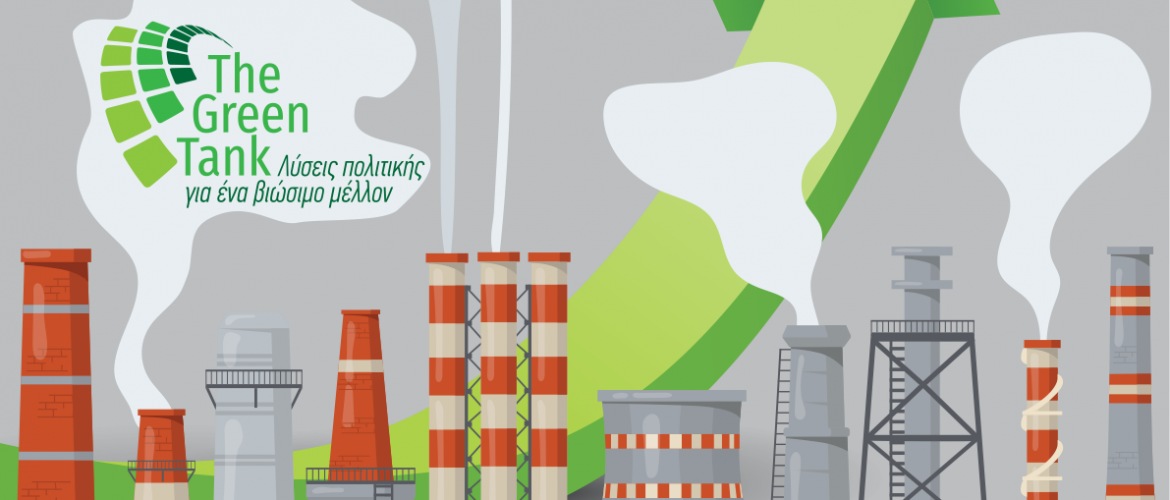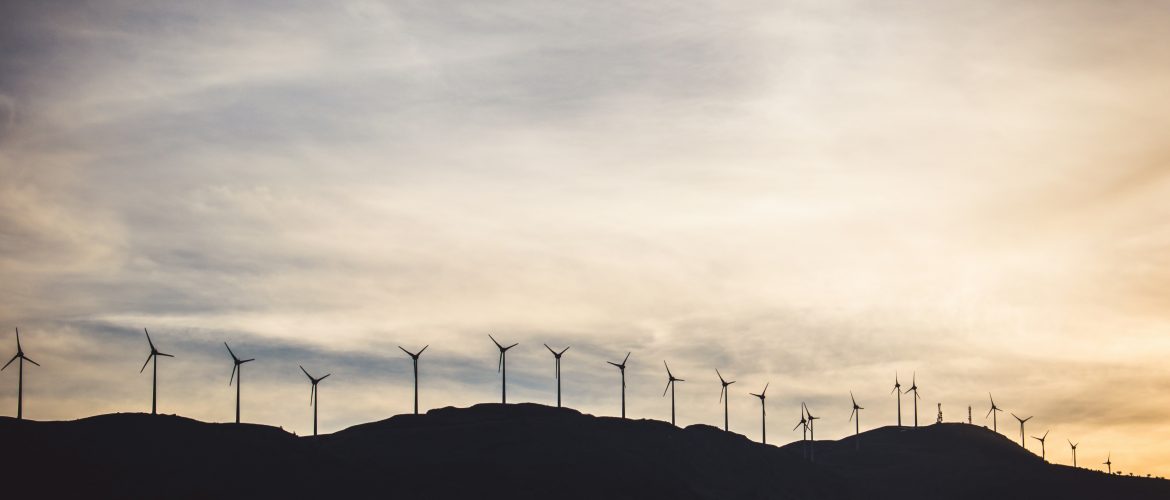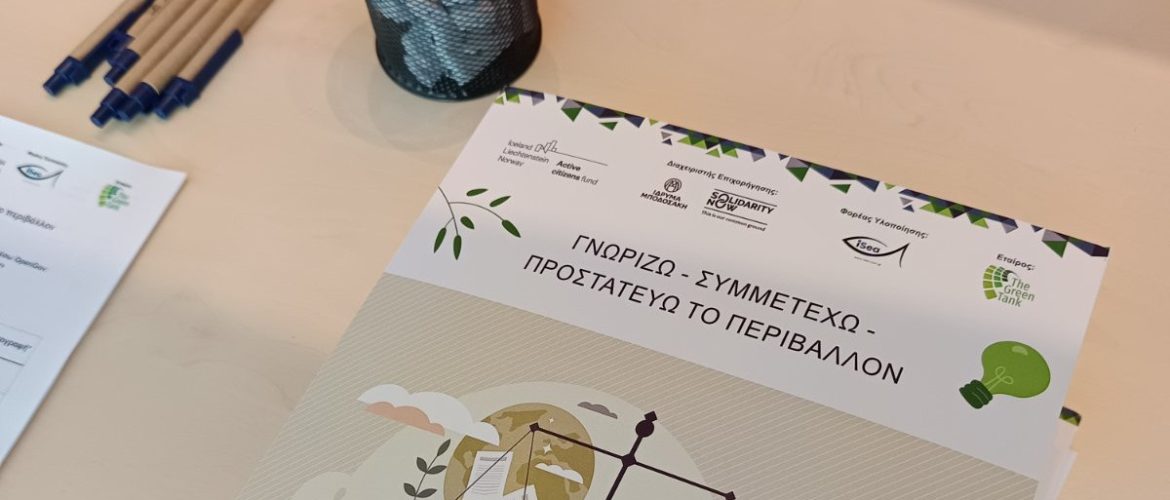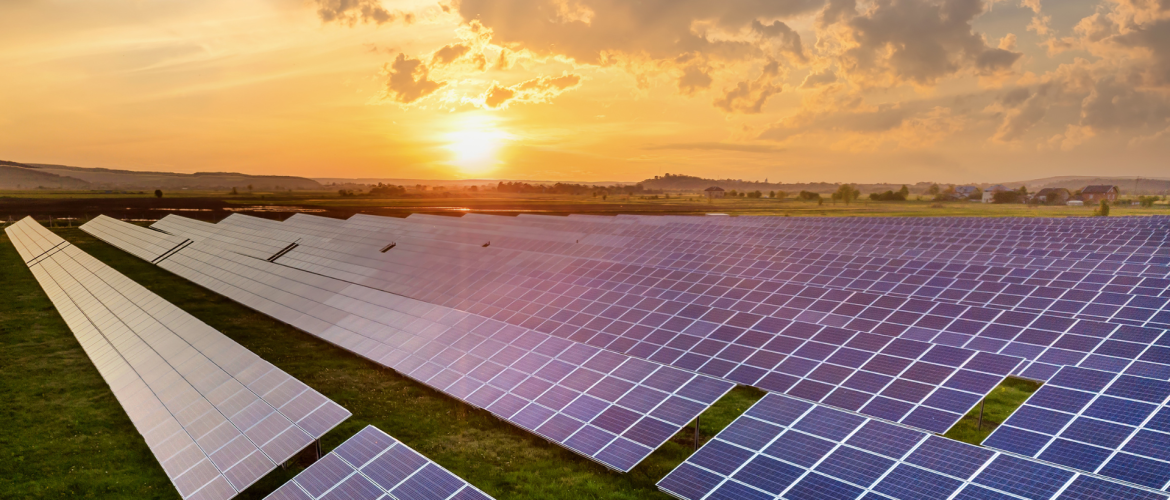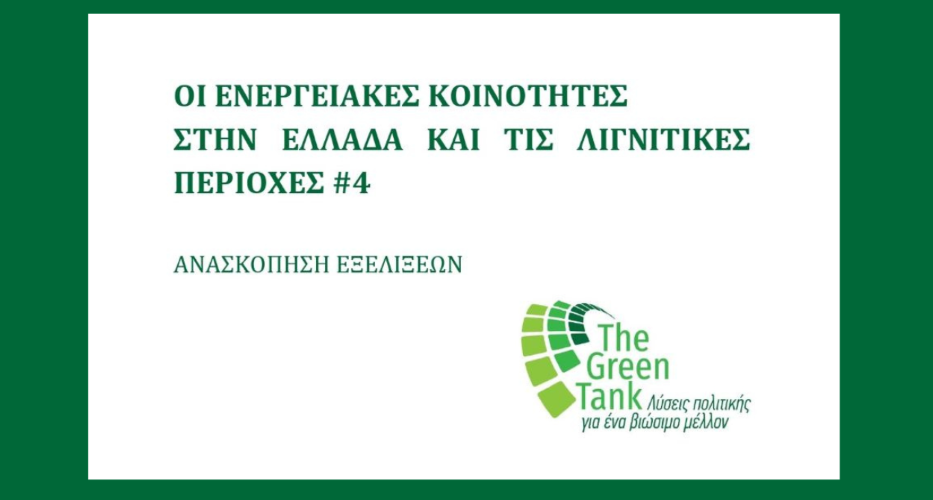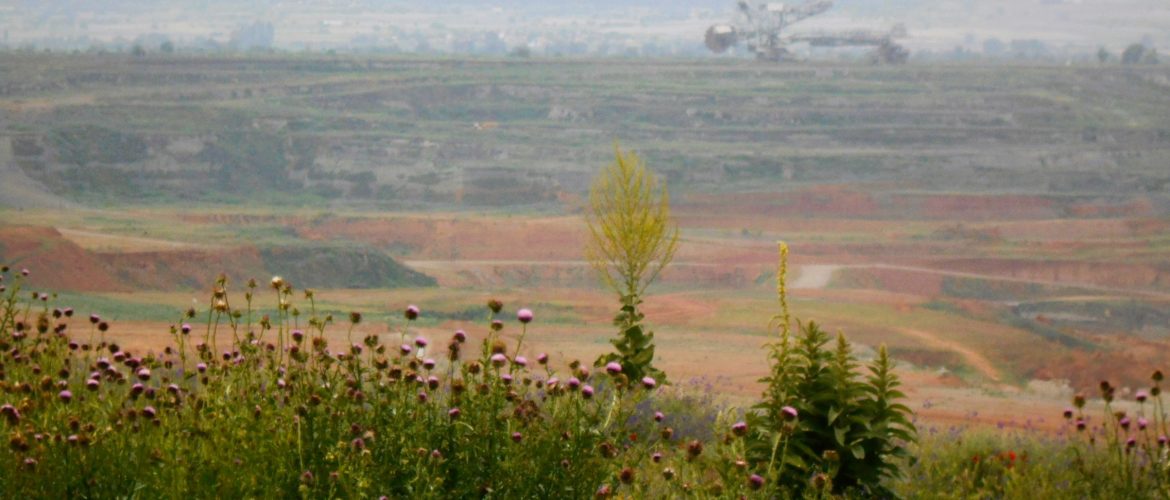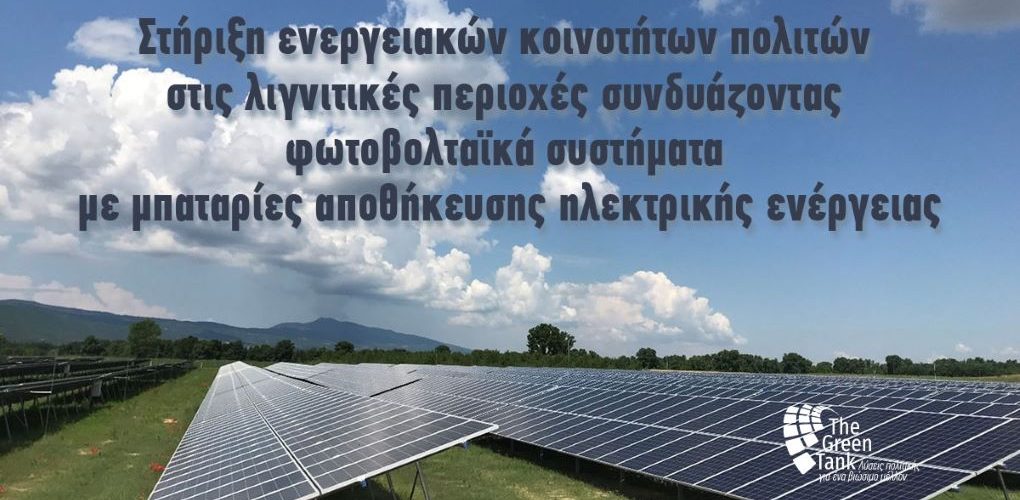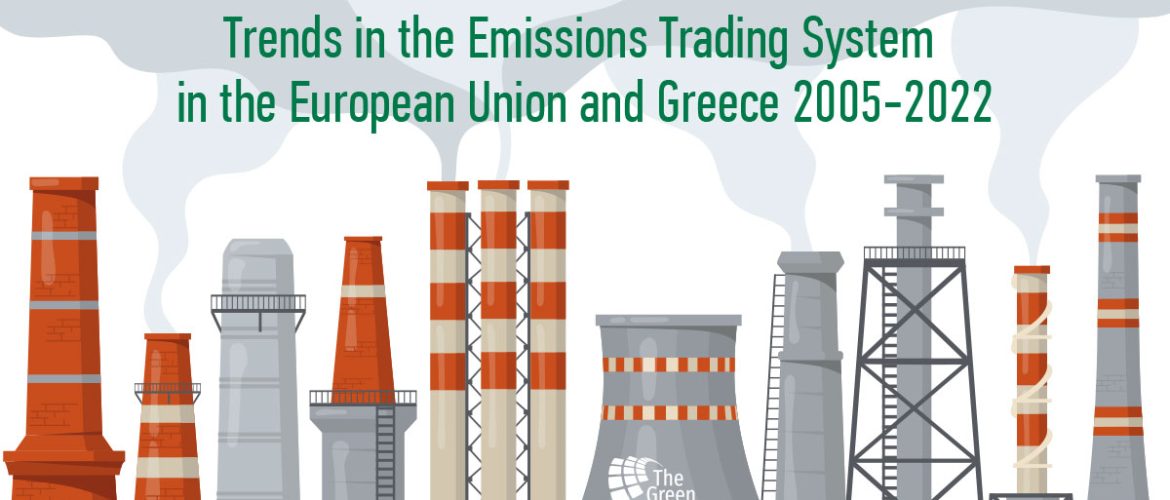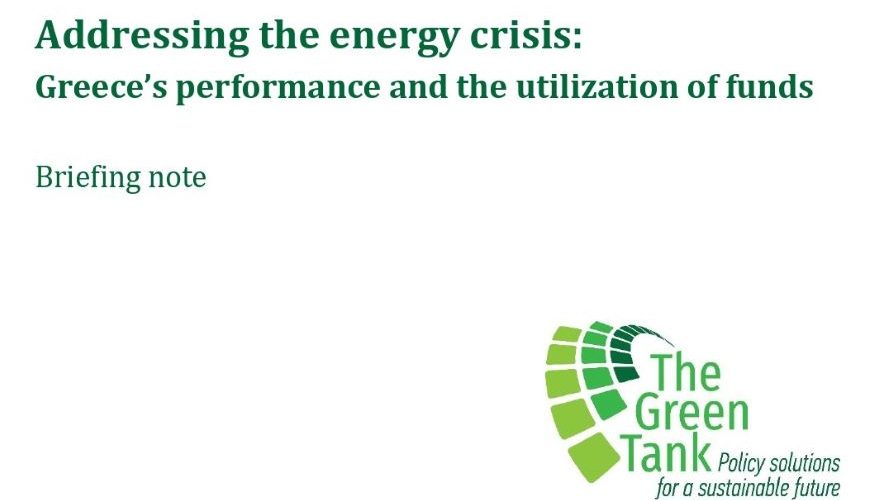The annual report by The Green Tank shows that Greece ranks 4th in the EU-27 in emissions reduction from the electricity and heat production and energy-intensive industry sectors between 2005 – the year the ETS started – and 2023 (-65.4%). It has already exceeded the EU’s 2030 target of a 62% reduction.
Νew joint report, with the participation of The Green Tank.
The “Learn-Participate-Protect the environment” project concludes with 28 training seminars on empowering citizens, especially the youth, in decision-making, more than 1300 participants and a new survey on public consultations.
The review titled “Energy Communities & Self-production in Greece and its Lignite Areas” by The Green Tank presents the more recent developments based on the data by the General Commercial Register (GEMI) and the Hellenic Electricity Distribution Network Operator (HEDNO) up to December 2023
Analysis by The Green Tank and Facets examines 8 scenarios for the residential housing sector and 2 scenarios for the road transport sector and identifies the most efficient combinations of measures that will reduce both the carbon footprint and energy bills of households by 2030. The implementation of these measures can lead up to €1.6 billion annual economic benefits in 2030 for the Greek households, while also reducing emissions from both sectors by up to 7.1 million tonnes of CO2
Increase in self-produced energy hindered by lack of grid space and delays in resources mobilization
New review of developments on energy communities in Greece and its lignite areas.
Comparative analysis by The Green Tank based on the monthly data collected by the think tank Ember for the whole of Europe and by the Independent Power Transmission Operator (IPTO) for Greece.
New report by The Green Tank shows that the installation of 272-300 MW photovoltaics by energy communities combined with electricity storage systems using the available financial resources can fully cover the needs of approximately 245,000 residential consumers in Greece’s lignite areas, mitigating the lack of grid space.
The annual analysis by The Green Tank shows that compared to 2005, Greece recorded a 57.1% reduction in emissions from all installations in the sectors of electricity and heat generation and energy-intensive industry covered by the ETS, ranking 6th in the EU-27 and 12 places higher than the EU-27 average (-37.9%).
Briefing note by The Green Tank.



